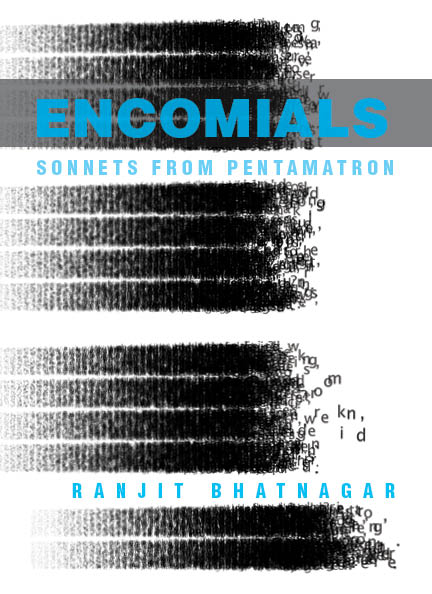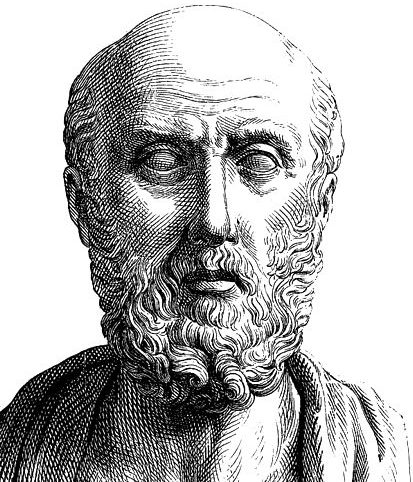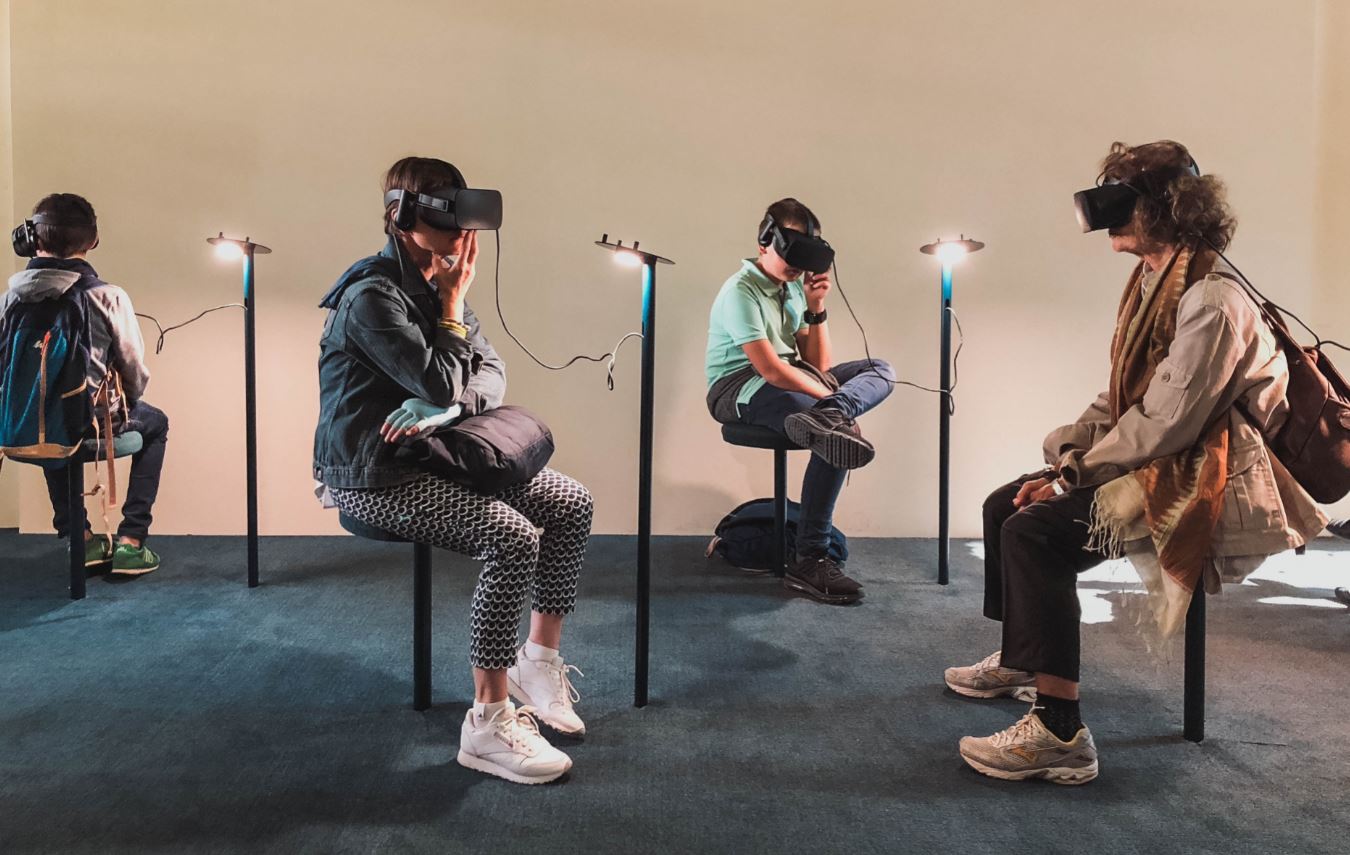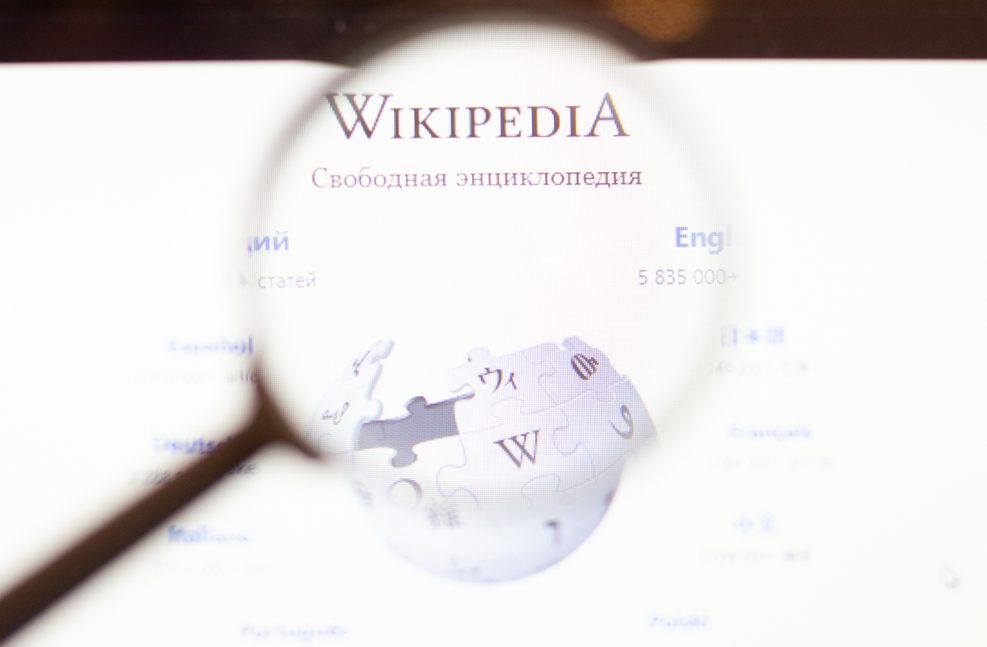Category Archives: Artificial intelligence

There’s a new obstacle to landing a job after college: getting approved by AI
by Pisana Ferrari – cApStAn Ambassador to the Global Village Students preparing for a job interview have to face a “stark new reality”, reads a recent article by Rachel Metz for CNN Business: they could be vetted in part by artificial intelligence. There is a surge in the use of algorithms to analyze details such …
“There’s a new obstacle to landing a job after college: getting approved by AI”
Read More
“Encomials: sonnets from Pentametron”, a whimsical anthology of AI-generated poetry
by Pisana Ferrari – cApStAn Ambassador to the Global Village “What Happens When Machines Learn to Write Poetry?”. This is the title of a recent article for The New Yorker by Dan Rockmore, Associate Dean for the Sciences and Director of the Neukom Institute for Computational Sciences at Dartmouth College (1). Rockmore provocatively opens by saying that …
““Encomials: sonnets from Pentametron”, a whimsical anthology of AI-generated poetry”
Read More
AI model developed by New Zealand academics can predict the future of endangered languages
by Pisana Ferrari – cApStAn Ambassador to the Global Village A research team from three New Zealand universities has built an AI model regarding language transmission that splits populations up by looking at whether they fall into one of three levels of proficiency in a language, and how fast people learn. The model was trained …
“AI model developed by New Zealand academics can predict the future of endangered languages”
Read More
AI reveals how much of a Shakespeare play was written by him and how much by someone else
by Pisana Ferrari – cApStAn Ambassador to the Global Village Academics in Prague have recently used machine learning to investigate how much of the play Henri VII was written by William Shakespeare and how much was written by John Fletcher, another famous and prolific playwright of the time. Machine-learning algorithms have been used for some time …
“AI reveals how much of a Shakespeare play was written by him and how much by someone else”
Read More
Predictive text AI: a “co-writer” that can save users 2 billion keystrokes a week
by Pisana Ferrari – cApStAn Ambassador to the Global Village In a very entertaining article for a recent issue of The New Yorker author and journalist John Seabrook recounts his experience with predictive text AI, and, in particular, with “Smart Compose”, a feature introduced by Google in 2018. (1) Smart Compose suggests endings to one’s …
“Predictive text AI: a “co-writer” that can save users 2 billion keystrokes a week”
Read More
An “ethical pledge” would commit scientists to think more deeply about possible applications of their work
by Pisana Ferrari – cApStAn Ambassador to the Global Village Mathematicians, computer engineers and scientists in related fields should take a Hippocratic oath to protect the public from powerful new technologies, says leading reseracher Hannah Fry, Associate Professor in The Mathematics of Cities, at University College London. (1) The case for a Hippocratic oath for scientists …
Read More
How AI and virtual reality could help make education more democratic
by Pisana Ferrari – cApStAn Ambassador to the Global Village The Rensselaer Polytechnic Institute, US, offers students an experimental course, fruit of a collaboration with IBM: students are “teleported” to the busy streets of Beijing, where the environment is equipped with AI capabilities to respond in real time. Once the technology becomes more widely available …
“How AI and virtual reality could help make education more democratic”
Read More
Could post-edited machine translation lead to an impoverishment of the target language?
by Pisana Ferrari – cApStAn Ambassador to the Global Village Prof. Antonio Toral, from the University of Groningen, has recently published a study comparing unaided human translation (HT) to post-edited machine translation, (PEMT). (1) Whilst acknowledging that PE is very useful in terms of productivity, Toral flags a potential issue. His findings indicate that PEMT …
“Could post-edited machine translation lead to an impoverishment of the target language?”
Read More
How AI and emerging technologies will help create an educational environment of continual learning and positive feedback loops
by Pisana Ferrari – cApStAn Ambassador to the Global Village The next wave of innovation in education may well be “extreme”, say the authors of this recent article for Medium (1). Formal education, designed in an analog world and forcing everyone to take the same curriculum, is woefully out-of-date. AI and other emerging technologies, as …
Read More
Should Wikipedia consider banning machine translations on its platform if there is no human supervision?
by Pisana Ferrari – cApStAn Ambassador to the Global Village Content translation tools on Wikipedia allow editors to generate a preview of a new article based on an automated translation from another edition. Used correctly, these tools can save valuable time for editors, in particular those building out understaffed language editions – but when it …
Read More
Working at the intersection of linguistics and artificial intelligence to advance machine translation performance
by Pisana Ferrari – cApStAn Ambassador to the Global Village Chris Callison-Burch –associate professor in Computer and Information Science, University of Pennsylvania — has in past years developed novel cost- and time-saving methods to translate languages, including crowdsourcing and images. In this recent interview for “Medium” he shares a new translation method which is very …
Read More
In the era of fake news students need to learn to think like professional fact-checkers
by Pisana Ferrari – cApStAn Ambassador to the Global Village “Just because you aced the SAT, don’t think you can outsmart the shrewdest ruses on the web”, warns Sam Wineburg, professor of Education and History at Stanford and founder of the Stanford History Education Group. The best way for students to avoid getting fooled by …
“In the era of fake news students need to learn to think like professional fact-checkers”
Read More